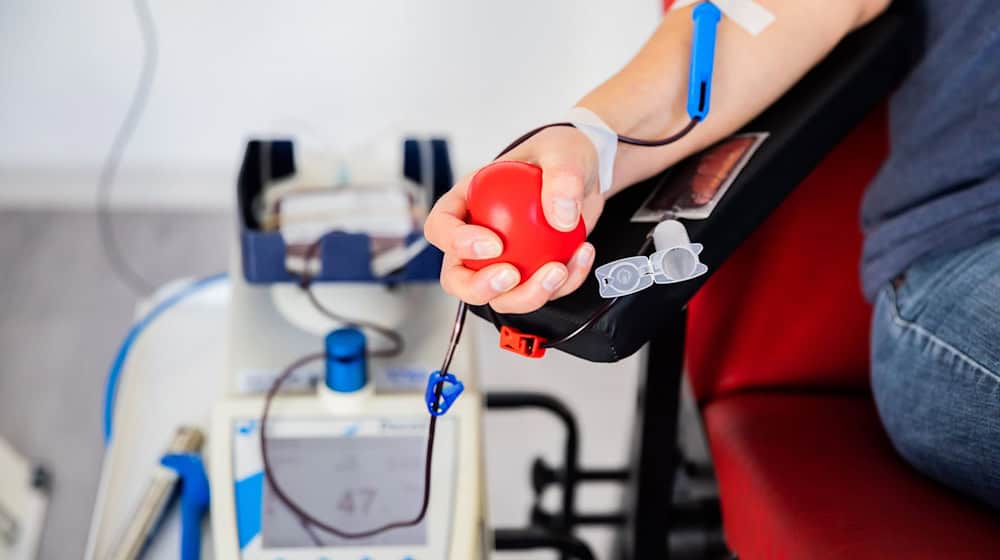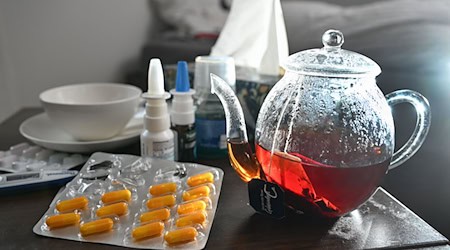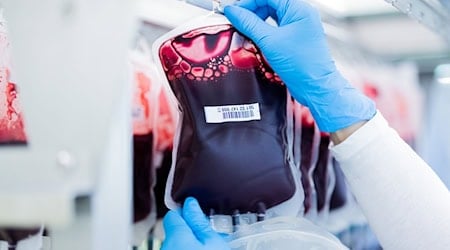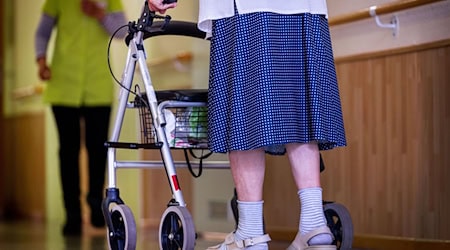According to the German Red Cross (DRK), the supply situation for life-saving blood products in Berlin, Brandenburg and Saxony is "stable at a low level". "This means that the patient supply is secured across all blood groups for at least one and a half days," said DRK spokeswoman Susanne von Rabenau. The situation is initially satisfactory, but can only remain so if donations continue to be stable, as some of the preparations only have a shelf life of four days.
In Berlin and Brandenburg, around 600 donations are needed every day to cover the needs of clinics and doctors' surgeries. In Saxony, the figure is 650. If there were significantly fewer donations on a few days in a row, the stocks in the depots would be used up very quickly. Patient care would then no longer be fully guaranteed, warned von Rabenau.
Decline since mid-October
Since around mid to late October, the DRK Blood Donor Service North-East has observed a decline in blood donations. In particular for blood group 0 and blood group A Rhesus negative, the stocks are therefore at a lower level. The reason for this could also be the cold season, as anyone with cold symptoms cannot donate blood. The DRK asks donors to cancel their appointments in this case. The situation is different after a flu vaccination. If you feel well, you can donate blood again the day after, according to the information provided.
The DRK Blood Donor Service North-East covers 75 percent of the demand in Berlin, Brandenburg, Hamburg, Schleswig-Holstein and Saxony. The rest is covered by private or state-municipal blood donation services, such as university hospitals.
Copyright 2024, dpa (www.dpa.de). All rights reserved




